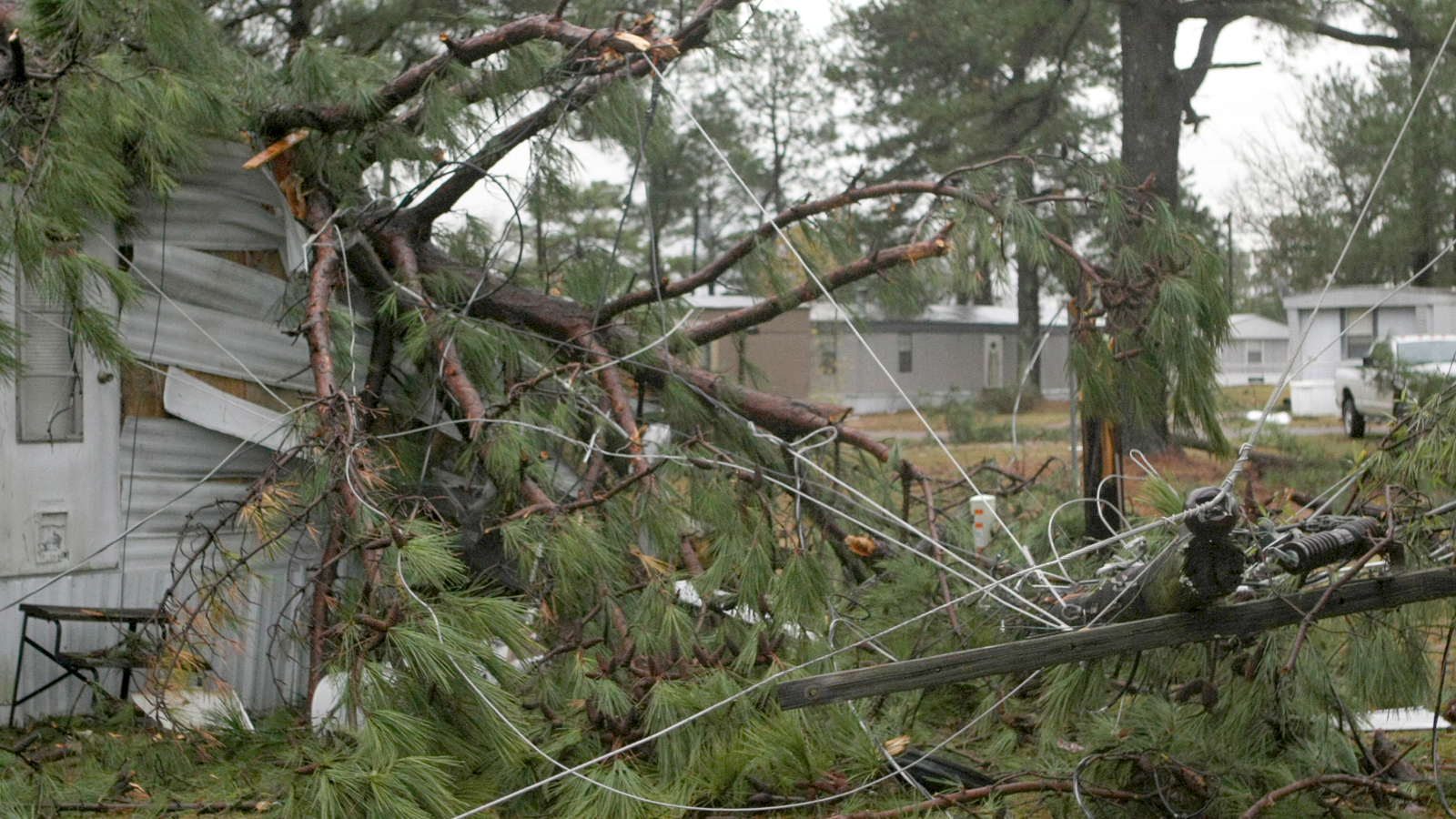CHARLOTTE, N.C. (September 17, 2018) – With Hurricane Florence in the rearview mirror, Carolinians are left to deal with the damage in its wake. AAA Carolinas urges motorists to take precautions before driving on potentially flooded roads and warns homeowners of the dangers that can come with cleanup following the storm damage.
“Just because the rain has stopped and the wind isn’t blowing doesn’t mean we are out of the clear yet,” said Tiffany Wright, President of AAA Carolinas Traffic Safety Foundation. “Many roads are still flooded and pose a serious threat to motorists. Additionally, there are many dangers associated with cleaning up after a hurricane so please exercise caution.”
For motorists driving into areas that experienced heavy rainfall:
- If you evacuated, don’t return to your home until officials have cleared you to do so. Flash flooding can still occur and many roads and bridges have been damaged (even if that is not visible from behind the wheel). To verify road conditions, call:
- North Carolina: 511
- South Carolina: 888-877-9151
- Never drive through standing water and flooded roads. Even shallow water can damage and/or disable your vehicle.
- NEVER move safety cones or restrictions to drive through an impassible area. Safety officials have put those barriers there for a reason and they are trusting motorists to adhere to that. Disobeying the cones and driving through could result in severe trouble, especially since emergency response may not be able to get to you.
- Maintain an extra-large amount of space around your vehicle, and increase your following distance. This gives you more time and room to respond.
- Reduce your speed. Hydroplaning can occur with very little water/
- If your vehicle starts to hydroplane, gently ease off the accelerator and keep the steering wheel as straight as you can.
For hurricane victims attempting to rebuild and address their damage:
- Avoid walking through flooded areas. Water can be electrically charged from downed and underground powerlines; contain debris like glass, dead or poisonous animals; or be contaminated with sewage and hazardous chemicals. Just six inches of moving water can knock a person down.
- Do NOT attempt to remove any limbs or branches from around electrical utilities or power lines. Call the power company to report these fallen limbs. The combination of electrical wires and floodwater creates a hazard to you.
- Wear the proper safety gear (hard hats, goggles, work gloves, waterproof boots, a mask and a fire extinguisher).
- Prevent mold growth by drying out your home as quickly as possible after the flood. Air out your house by opening doors and windows. Use fans to dry wet areas. Throw away what you can’t dry quickly (damaged mattresses, carpeting, rugs, etc.). Remove and discard drywall and insulation that has been contaminated with sewage or flood waters.
- Never turn power on or off or use an electric tool while standing in water.
- Avoid carbon monoxide poisoning by never using a generator, pressure washer or other gasoline powered device in your home, basement or garage.
- For a full list of safety clean-up tips, visit https://www.cdc.gov/disasters/cleanup/facts.html
**AAA Carolinas has created a site with all of its safety information, the latest evacuation updates and storm information in one place. Please direct people to carolinas.aaa.com/emergency for hurricane information.
